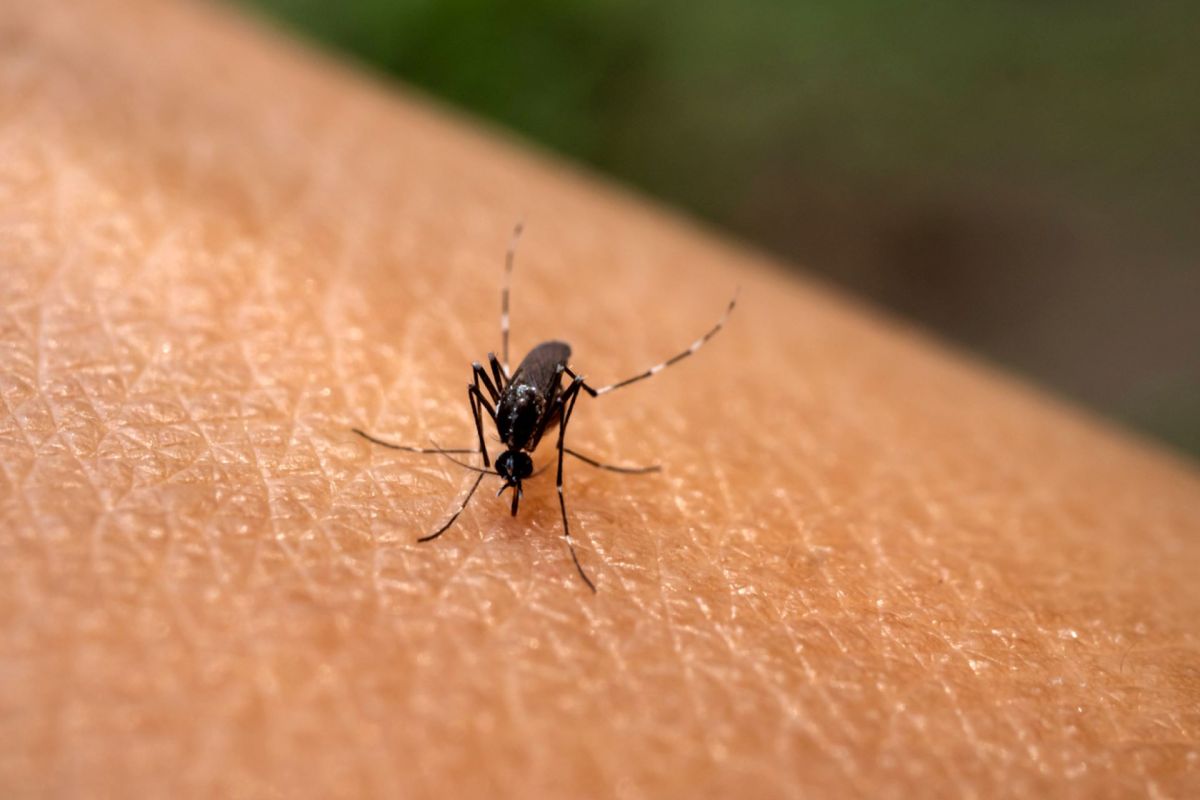Mosquito-borne illnesses could increase with a continued rise in global temperatures, a new study has revealed.
The University of Michigan (UM) published research on PLOS that revealed the long-term impact of rising temperatures on communities in Brazil with regard to diseases like Zika and dengue — and the findings should put health organizations on alert.
What did the study find?
In a study of four Brazilian cities to discover the transmission potential of diseases typically passed on by mosquitoes, UM found that increasing temperatures could lead to a 20% rise in cases in the next three decades.
The data, discussed in an article on Mongabay, centers around the cities of Manaus, Recife, Rio de Janeiro, and Sao Paulo.
Why should we be concerned?
It was anticipated that extreme heat in Manaus would lead to a fall in the rate of spread of illnesses such as Zika and dengue. However, that was not the case. More worryingly, areas with typically lower temperatures, such as São Paulo, are now at greater risk because temperatures are increasing to the point where outbreaks are more likely.
Co-author of the UM study Andrew Brouwer said, per Mongabay, "We were expecting a consistent drop in the projections for risk of arboviral diseases in the hottest regions of the country, but most of the scenarios showed higher levels than we have today. There will probably be sporadic outbreaks in the coolest regions that will become increasingly common as temperatures rise."
So hotter conditions in more areas increase the likelihood of transmission of the diseases, and warmer temperatures over the course of a year will increase the amount of time people will be at the most risk from infection.
Brouwer added, "Brazilian health agencies need to be prepared not only for the increased incidence of diseases like dengue and Zika, but also for longer transmission seasons and broader geographic areas of occurrence."
The study was also concerned with the effects of rainfall because mosquitoes lay their eggs in water, but it turns out drought is also a problem because people store water in their homes in these conditions, effectively bringing the risk of disease inside.
How can this be prevented?
A separate study from researchers in the Minas Gerais area in Brazil found that deforestation was a notable factor in the increase of mosquitoes.
TCD Picks » Upway Spotlight
💡Upway makes it easy to find discounts of up to 60% on premium e-bike brands
When biodiversity is reduced in the form of tree felling and habitat destruction, mosquitoes have fewer predators, allowing them to reproduce faster and increasing their chances of survival.
Mongabay quoted study researcher Servio Pontes Ribeiro, who said: "Well-maintained and preserved forests fragment the mosquito's population and end up dissolving it."
Ensuring you are not supporting businesses and retailers who benefit from deforestation, especially in Brazil, is important to prevent the increasing spread of mosquitoes and the diseases they carry.
Further, the need to decrease global temperatures is apparent in the findings of the UM study. You can help by trying to reduce your day-to-day activities that produce carbon pollution. Driving an electric car and taking advantage of clean solar energy to power your home are just two ways to do this.
Join our free newsletter for cool news and cool tips that make it easy to help yourself while helping the planet.














